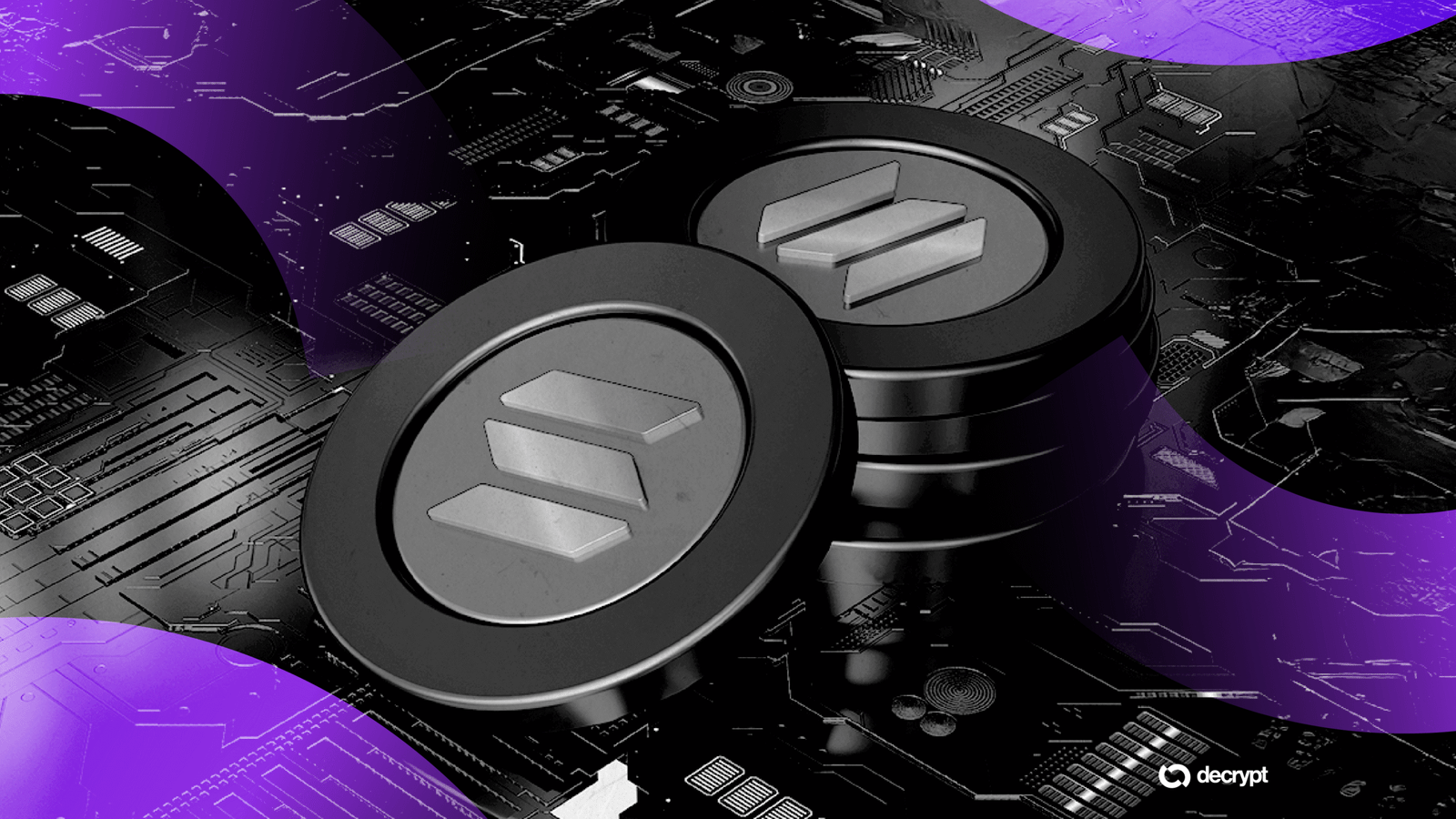Artificial Intelligence: A New Force in Gaming

Artificial Intelligence (AI) has rapidly emerged as a powerful tech trend across various industries in recent months, especially in the realm of gaming. Now one of the most controversial modern innovations, AI has come a long way from its humble beginnings. What started out as rudimentary algorithms essentially simulating pre-programmed basic human behaviors has evolved into sophisticated bleeding-edge systems capable of enhancing every aspect of the gaming industry, from development to gameplay.
In fact, AI has the potential to kickstart a new frontier in digital gaming. There are some questions about whether or not the gaming industry needs another revolution, however!
Gaming is already incredibly diverse, with many experiences available to players across the entire spectrum of platforms (mobile, PCs, consoles, etc). Modern-day gamers can just as easily log into a specialist poker platform like PokerStars to unlock an array of exciting variants in the classic card game, including digital Pot Limit Omaha, as they can download the latest SimCity game from Steam. But, the industry has always placed itself at the forefront of innovation, and AI is about as innovative as emerging tech gets.
The Role of AI in Gaming
While AI in its current guise is very much a 21st-century creation, the role of AI in gaming can actually be traced back to the industry’s early days. Even a game as old as Pac-Man was developed with automated tools, as the game’s designers used simple AI routines to simulate the behaviors of the ghosts chasing the beloved critter. Space Invaders, also an arcade classic, was another early pathfinding game that relied on the tech during development.
As computer power expanded and algorithmic capabilities grew more complex, artificial intelligence would play a more integral role in shaping digital worlds and narratives.
Today, AI is firmly integrated into the gaming industry, permeating numerous stages of game development. From procedural content generation to player analytics, and new functionalities like adaptive difficulty scaling, AI algorithms are the silent architects behind many a premium gaming title.

One of the most prevalent uses of AI in gaming is in procedural content generation, where algorithms autonomously create different environments for game levels. This process not only reduces development time and costs but also ensures that players will encounter fresh experiences with each playthrough, even just repeating the same level.
In-game AI opponents have also evolved significantly. Gone are the days of predictable, scripted behaviors; instead, development studios leverage machine learning and neural networks to generate opponents that adapt to play choices in real-time. This, of course, provides more engaging and challenging gameplay experiences.
Now, game creators are focusing more on using generative AI to improve in-game interactions with non-playable characters, and NPCs. NPCs play a vital role in both narration and gameplay, even if the characters themselves are inconsequential, but even in the most well-crafted games, their robotic nature has always created a dissonance in the gaming experience. With generative AI capabilities becoming ever more advanced, developers are experimenting with programming autonomous NPCs that can directly converse and interact with a game’s main characters.
The Gaming Companies at the Forefront of AI Development
The gaming industry itself is certainly no stranger to trends, but if the level of investment that major gaming companies have put into AI development in recent months is anything to go by, artificial intelligence is here to stay.
For instance, Blizzard Entertainment, the studio behind the eSports hits Overwatch and World of Warcraft, has created its own internal AI tool. Currently, it’s primarily being used to create and improve in-game character renderings.
Ubisoft is another high-profile development studio embracing AI tools in the development process. The creators of Assassin’s Creed launched Ghostwriter in spring 2023, a tool for generating NPC dialogue that will streamline the story development process. Moreover, its foray into AI doesn’t end there. The company is committed to using AI tools to improve player experience across new IPs and wants to empower designs to create their own AI systems.
More recently, Microsoft has entered the AI field with the full force of a $10 billion investment in OpenAI. Just a few months ago, the tech giant announced that it would be adding generative AI design features into game development tools, which will be available “for game developers of any size”. Created in conjunction with Inworld AI, the new suite of tools will enable developers to turn prompts into tangible elements, from scripts to in-game quests.




